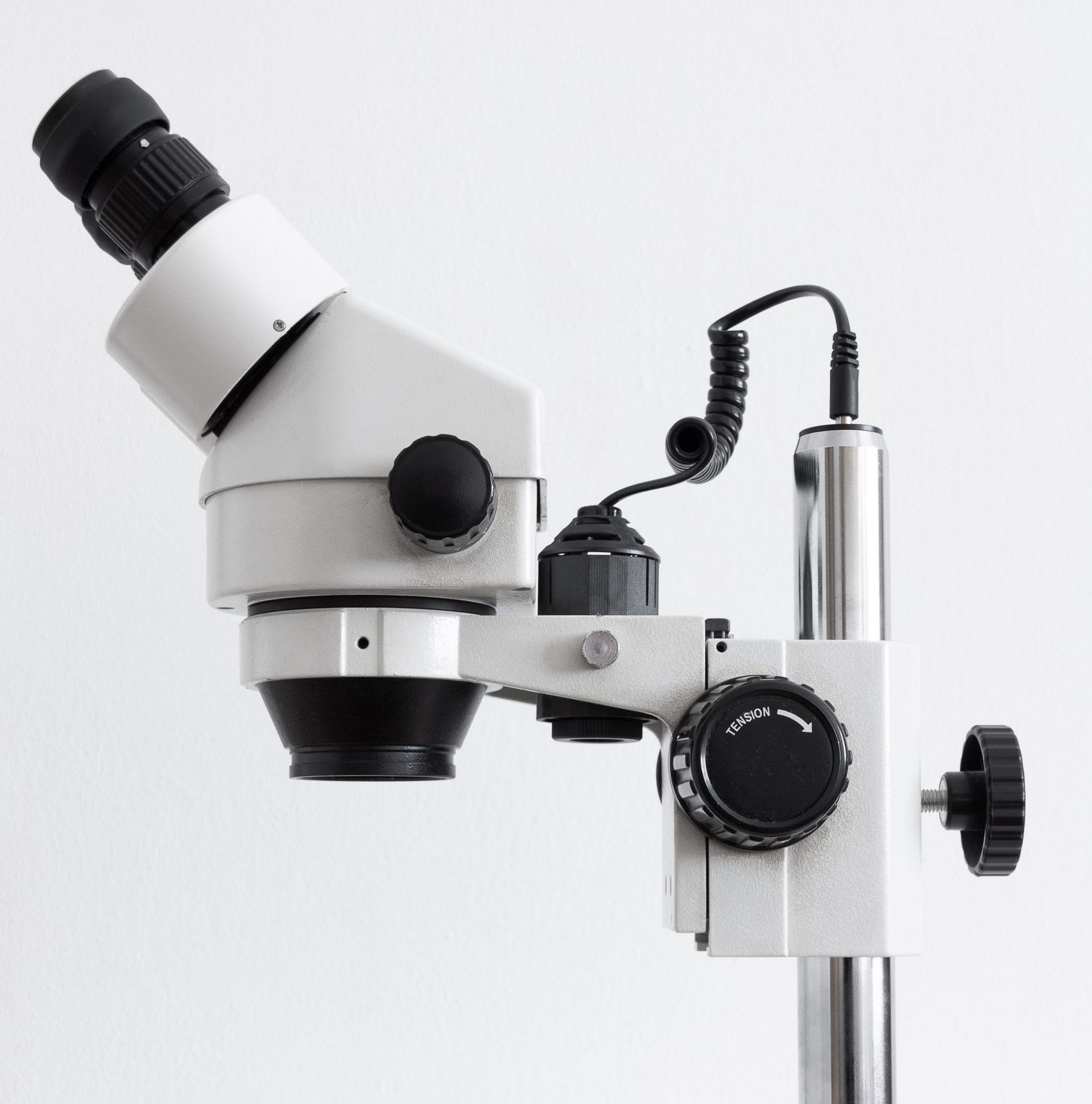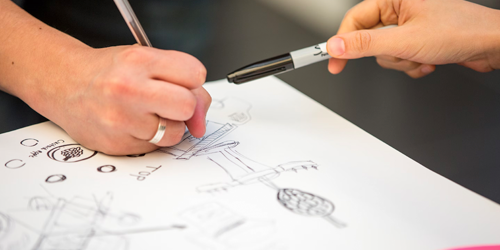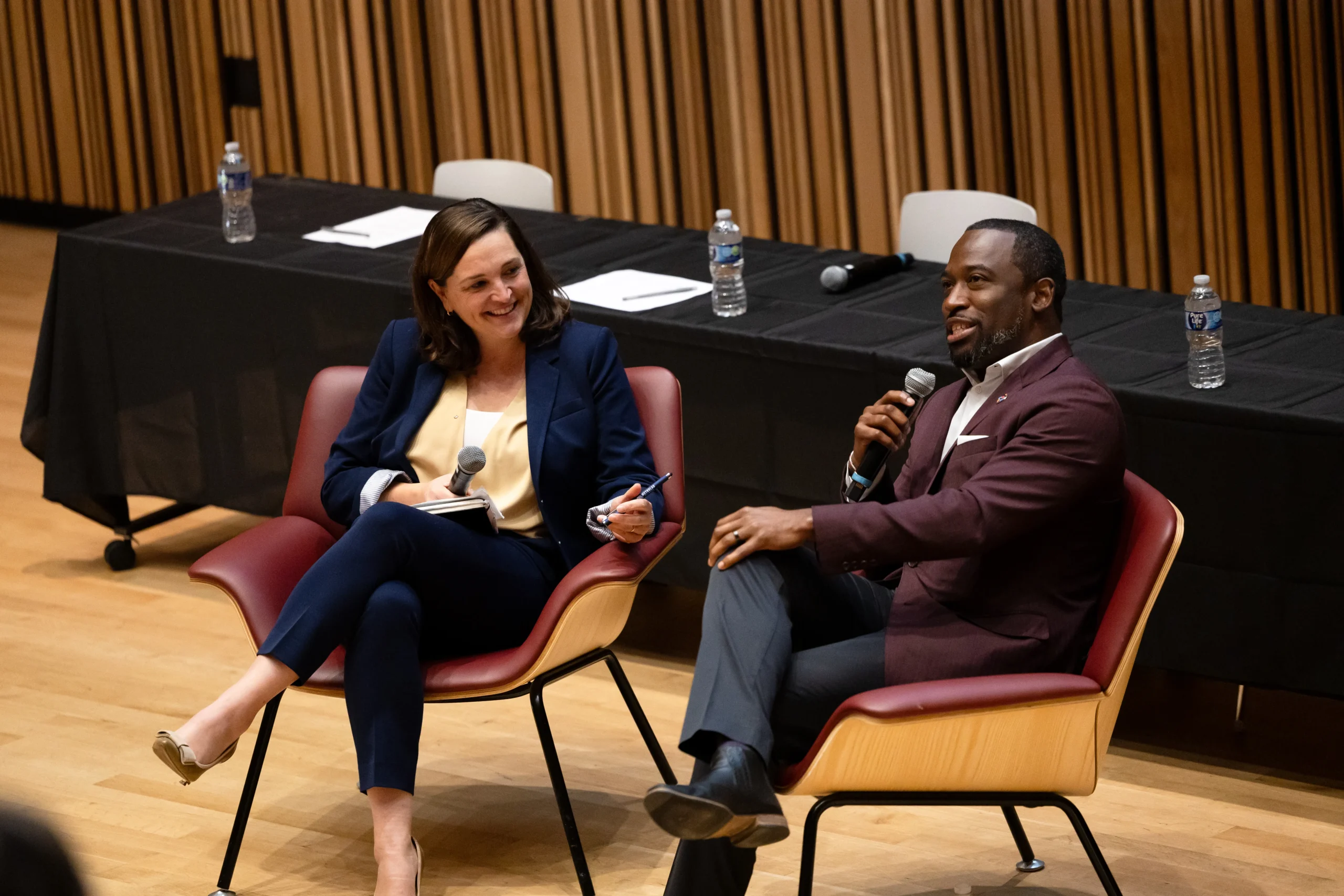
Advancing the U.S. leadership in emerging biotechnology is a strategic imperative, one that will shape regional development within the U.S., economic competitiveness abroad, and our national security for decades to come.
Inconsistent metrics and opaque reporting make future AI power‑demand estimates extremely uncertain, leaving grid planners in the dark and climate targets on the line
As AI becomes more capable and integrated throughout the United States economy, its growing demand for energy, water, land, and raw materials is driving significant economic and environmental costs, from increased air pollution to higher costs for ratepayers.
Preempting all state regulation in the absence of federal action would leave a dangerous vacuum, further undermining public confidence in these technologies.
AI safety is a rapidly evolving field that draws attention from a diverse range of policymakers across the political spectrum, including those in Congress, federal agencies, and state and local governments.
From using AI to optimize power grids to accelerating clean energy R&D, AI holds huge potential, while also introducing new challenges related to climate, equity, infrastructure, security, and sustainability.
What steps should the U.S. take to address China’s growing global share of legacy chip manufacturing?
As artificial intelligence evolves, so does the urgency for legislation to manage both the risks and opportunities associated with it.

We engage with the public, academia, and the private sector to foster a broader understanding of AI and emerging technology policy issues.

We’re scoping ambitious ideas to help ARPA-I begin executing projects that improve transportation across the country.

The U.S. bioeconomy is growing rapidly, innovation is needed to sustain and maintain this growth. Shaping policy to consider workforce development, advanced agriculture, bioindustrial and biotech sectors will be imperative to keep the needle moving forward.

We aim to catalyze a more nimble science funding ecosystem, capable of keeping up with and facilitating new innovations to improve the lives of people around the world.





